Cambridge EnerTech’s
High-Performance Battery Manufacturing
高性能バッテリーの製造
Global Production of Safe, Efficient, Higher Energy Density Batteries
安全で効率的、エネルギー密度の高いバッテリーの世界生産
2025年3月18-19日
製造における進歩は、高性能バッテリーアプリケーションの成長の起爆剤となります。この会議では、バッテリー生産に関するグローバルな視点を紹介し、完全なバリューチェーンを代表する世界中の関係者を集め、アジア・欧州・米国の最新のイノベーションを紹介します。組立、自動化、効率、検査方法、コスト削減への最新のアプローチにフォーカスしたプレゼンテーションにより、世界のバッテリーエコシステム全体に関する貴重な見識が得られます。会議の出席者は、世界中の製造の現状と、バッテリー製造の未来をリードする企業について、重要な理解を得ることができます。
3月18日(火)
7:00 amRegistration Open and Morning Coffee
GLOBAL MARKET OPPORTUNITIES IN BATTERY MANUFACTURING
バッテリー製造における世界の市場機会
Status of Chinese Semi-Solid-State Battery Market and Technology
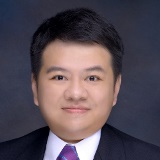 Mark Lu, PhD, Senior Industrial Analyst, Industrial Economics & Knowledge Center, Industrial Technology Research Institute
Mark Lu, PhD, Senior Industrial Analyst, Industrial Economics & Knowledge Center, Industrial Technology Research Institute
The semi-solid-state battery has been achieved at the GWh-level already in China in 24H1, and also become the hottest issue to provide safer xEV usage and 1000 KM of driving range. This presentation will cover the Chinese semi-solid-state battery market, technologies, and manufacturing key issues to show the potentials and challenges.
BATT Coalition Advocacy for a Robust Domestic Battery Materials Manufacturing Supply Chain
 David Howell, Vice President, Strategic Marketing Innovations (SMI)
David Howell, Vice President, Strategic Marketing Innovations (SMI)
The U.S. has made significant progress to establish a domestic battery manufacturing supply chain, but gaps remain. The Battery Advocacy for Technology and Transformation (BATT) Coalition is a voice for the U.S. battery materials manufacturers working to grow the upstream materials supply from extraction, synthesis, processing, and recycling. BATT’s mission is to advocate for legislative and federal policy that will promote market incentives and trade policies to support industry growth.
LG, Leading the Battery Expansion in North America
 Tim Debastos, Head, LG Energy Solution Tech Center, MI
Tim Debastos, Head, LG Energy Solution Tech Center, MI
LG Energy Solution is the leading lithium-ion battery manufacturer, working with the top OEMs globally in transforming the automobile industry. The market for EVs is expanding rapidly, driven by both consumer demand and regulatory incentives. In North America, there are unprecedented levels of investment to support EVs, by both OEMs and battery manufacturers. This presentation will discuss market growth projections, announced expansion plans, and the challenges ahead.
9:45 amGrand Opening Refreshment Break in the Exhibit Hall with Poster Viewing
ADVANCES IN CELL MANUFACTURING
セル製造の進歩
Exploring Cylindrical Battery Technology and Its Role in the Mobility Market
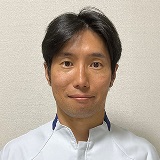 Fukuta Hirofumi, Manager, Panasonic
Fukuta Hirofumi, Manager, Panasonic
Panasonic Energy has been a leading company in the field of cylindrical batteries, particularly for mobility applications. The company is at the forefront of innovative research into cylindrical lithium-ion batteries for the mobility market. In order to further improve driver usability, meet potential needs, and expand their market reach, Panasonic Energy is committed to the continuous evolution of their batteries in all aspects, including technology, service, and beyond.

Redefining ESS with Next-Generation Mr. Big & Mr. Giant
Speaker to be Announced, EVE Energy Co Ltd
With the characteristics of “Efficient, Simple, and Safe," Mr. flagship series products can break the limitations of traditional energy storage technology, redefine ESS, and solve the problems of economy, complexity of operation and maintenance management, and safety of large-scale energy storage power plants.
Mechanism and Solutions for Li-ion Thermal Runaway via Internal Shorts: Laser vs DSC and ARC
 John Zhang, PhD, CTO/CSO, Polypore International
John Zhang, PhD, CTO/CSO, Polypore International
DSC and ARC were common methods to study Li-ion thermal runaway caused by Internal Shorts, which serious mismatch the time scale (<25mS) and heating area (Spot, 2 mm2) of battery internal shorts. The DSC (1998) and ARC (2003) created many theories on battery thermal runaway. Here, we are going to analyze various internal shorts supported by various giant battery producers (DATA) and analyze these shorts (via IEEE) and use laser (ms and 2mm2, SAFT) to mimic the internal short of the batteries to understand the thermal runaway caused by internal shorts. Through short Resistance study, Thermal propagation observation, Explosive GAS analysis, the Li-ion fire and explosion Mechanism will be presented, and the real solutions will be provided to reduce or eliminate Li-ion battery thermal runaway. The conclusions of this study, such as using ceramic coated separator (active approach), direct Cu/Al shorting (passive approach), etc. have been (extremely) broadly used in Li-ion industry today. The fire and explosion rate has been improved by 5 orders of magnitude. Now, all 3C and all NMC EDV and 70% LFP EDV are using the methods result from these improving methods.

Paraclete Energy’s SILO Silicon: 300% Energy Density, $35/kWh Cost, Silane-Free Sustainability
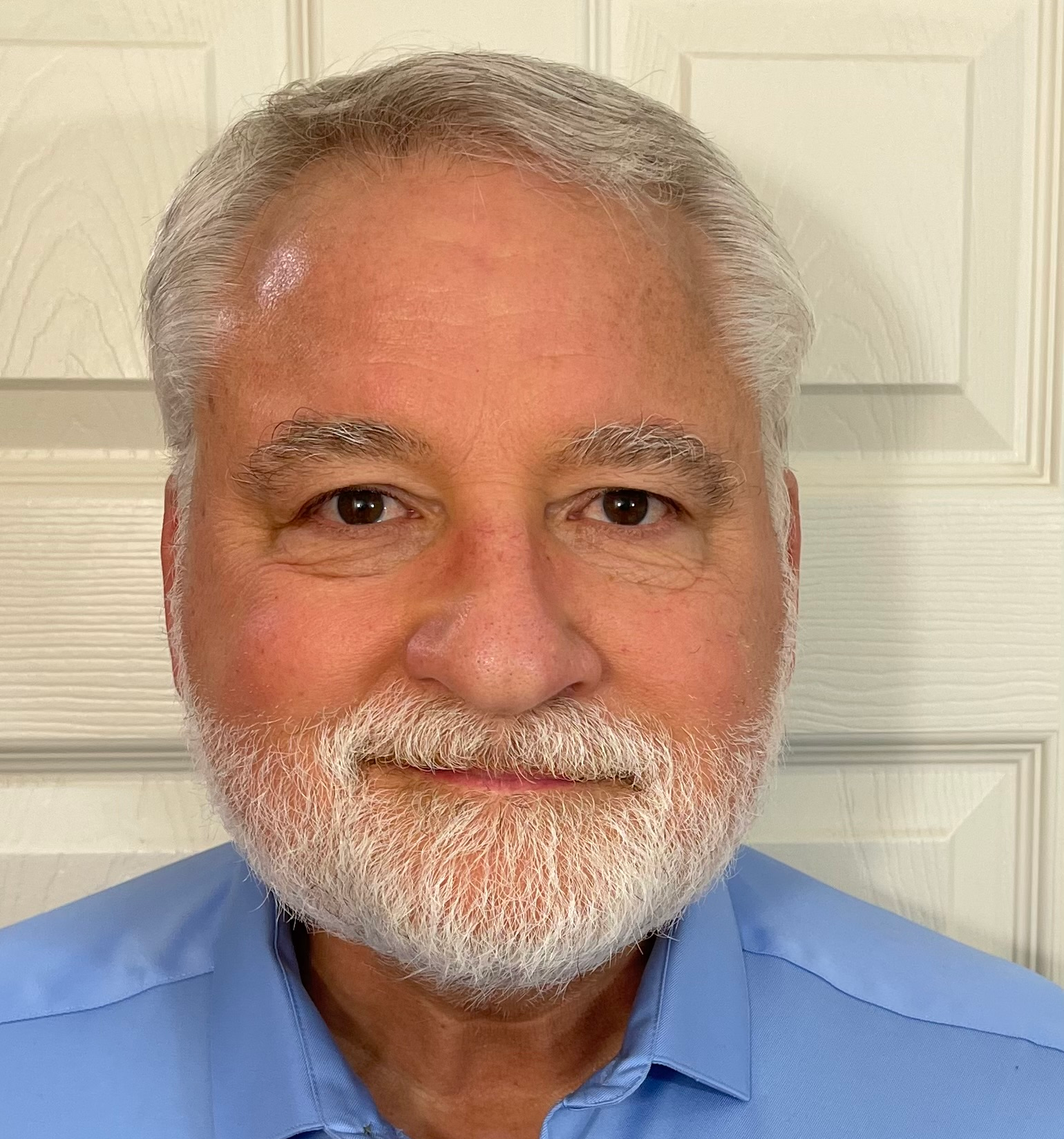 Jeff Norris, CEO, Paraclete Energy Inc.
Jeff Norris, CEO, Paraclete Energy Inc.
Explore Paraclete Energy’s SILO Silicon technology, a breakthrough in silicon-anode materials for electric vehicles. With 300% the energy density of traditional graphite, SILO Silicon delivers a cost of just $35/kWh, outperforming LFP by 34%. This innovative, silane-free solution enhances battery safety, sustainability, and scalability, paving the way for faster charging, longer range, and significant cost savings. Learn how our silicon/polymer architecture eliminates silane gas, enabling safe, location-flexible production that supports the next generation of clean, affordable energy storage solutions for EVs and beyond.
12:30 pmNetworking Luncheon
1:15 pmDessert Break in the Exhibit Hall with Poster Viewing
ADVANCES IN CELL MANUFACTURING
セル製造の進歩

China’s Intelligent Manufacturing Revolution in Battery Production
Speaker to be Announced, Ongoal Technology Co Ltd
Discover how our intelligent, world-leading automated systems-featuring cutting-edge unpacking, packing, and pneumatic conveying-transform battery production. We'll highlight the efficiency, precision, and cost savings of our state-of-the-art production line for cathode and anode materials and slurry mixing, showcasing how we are revolutionizing battery manufacturing with unmatched automation and innovation.
3:20 pmRefreshment Break in the Exhibit Hall with Poster Viewing
PLENARY KEYNOTE
プレナリー基調講演
The Importance of Passive Propagation Resistance in Battery Pack Design
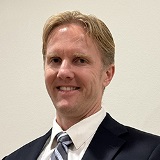 Troy Hayes, PhD, Director of Quality, Tesla
Troy Hayes, PhD, Director of Quality, Tesla
More than 30 years after the first Li-ion battery was produced, random thermal runaway events still occur in the field. Despite the low probability of such incidents at the cell level, the volume of cells in EVs dictates that manufacturers must prepare for these occurrences. Ensuring that this does not create a significant risk to vehicle occupants is crucial and is a fundamental aspect of battery pack design. This talk will discuss the importance of passive propagation resistance and the rigors of testing given the stochastic nature of Li-ion battery thermal runaway.
A Comprehensive Analysis of Modern Silicon-Carbon Nanocomposite Negative Electrode Materials for Li-ion Batteries
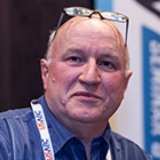 Jeff Dahn, FRSC, PhD, Professor of Physics and Atmospheric Science, NSERC/Tesla Canada Industrial Research Chair, Canada Research Chair, Dalhousie University
Jeff Dahn, FRSC, PhD, Professor of Physics and Atmospheric Science, NSERC/Tesla Canada Industrial Research Chair, Canada Research Chair, Dalhousie University
There is a huge world-wide push to develop and manufacture modern Silicon:Carbon nanocomposite materials (Si:C) for Li-ion batteries. There are a handful of companies in the US (e.g. Sila, Group 14, etc.), several in Europe as well as OVER 70 companies in China developing and/or manufacturing such materials. Why is this happening? In this lecture I will describe the structure and properties of modern Si:C materials and show why they are so attractive compared to earlier alternatives. The best materials show specific capacities near 2000 mAh/g, first cycle efficiencies near 90%, very little irreversible swelling during charge-discharge cycling and compatibility with simple binders like CMC/SBR. The best materials can be used with typical Li-ion battery electrolytes with common electrolyte additives. We will show results for Li-ion pouch cells containing 20% and 50% by weight of Si:C (balance graphite) where impressive cycle life has been achieved. Energy density increases over "graphite-only" cells are very significant. All the Si:C materials we have tested show large REVERSIBLE volume changes which means that significant care must be taken in cell design.
This and Next-Generation Battery Development-A UK Perspective
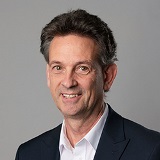 Martin Freer, PhD, CEO, Faraday Institution
Martin Freer, PhD, CEO, Faraday Institution
The UK government set out a battery strategy in 2023 targeting the three elements, including design and development of the batteries of the future as well as strengthen the resilience of UK manufacturing supply chains and enabling the development of a sustainable battery industry. This is matched by a significant delivery program associated with the Faraday Battery Challenge, including the Faraday Institution which coordinates the UK's battery research program. This presentation will provide an overview of the UK's battery strategy, the development of associated research programs, and highlight future focus areas for research and innovation.
5:25 pmReception in the Exhibit Hall with Poster Viewing
6:30 pmClose of Day
3月19日(水)
6:45 amRegistration Open
7:00 amCoffee Talk: Interactive Roundtable Discussions with Coffee & Pastries
Roundtable discussions are informal, moderated discussions with brainstorming and interactive problem-solving, allowing participants from diverse backgrounds to exchange ideas and experiences and develop future collaborations around a focused topic.
TABLE 1: Battery Raw Materials Supply Chain
Moderator: Robert Privette, Manager, Business Development, Rechargeable Battery Materials North America, Umicore USA, Inc.
TABLE 2: Li-ion NMC Fast Charging New Cells for E-Mobility
Moderator: Shmuel De-Leon, CEO, Shmuel De-Leon Energy Ltd.
TABLE 3: Electrolyte Developments: New Components and Approaches
Moderator: Sam Jaffe, Vice President, Battery Solutions, E Source
TABLE 4: Battery Pack System Cost and Safety - Will Future xEV Battery Packs Increase in Complexity or Simplify and How Will Cost and Safety Be Impacted?
Moderator: Kevin Konecky, Battery and Energy Storage Systems Consultant, Total Battery Consulting
TABLE 5: Innovations in Recycling Battery Materials & Second Life
Moderator: Steven Sloop, President, OnTo Technology LLC
TABLE 6: Opportunities and Barriers to Fast Charge in Automotive and Other Applications
Moderator: Brian Barnett, PhD, President, Battery Perspectives
TABLE 7: Provisional Patents to Due Diligence
Moderator: Grant Ehrlich, PhD, Member, Intellectual Property & Technology, Stites & Harbison PLLC
TABLE 8: Understanding the Pressure Effects on Li Metal Batteries
Moderator: Bin Li, Senior Scientist & Joint Professor, Electrification, Oak Ridge National Laboratory
TABLE 9: Challenges and Opportunities in the Distribution of Relaxation Times Analysis
Moderator: Tom Ruether, Lecturer & Chair, Electrical Energy Systems, University of Bayreuth
TABLE 10: How Will Emerging Technologies and Paradigms Impact the Future of Electrified Transportation?
Moderator: Benny Varghese, PhD, Research Engineer, Energy Storage & Advanced Transportation, Idaho National Laboratory
TABLE 11: Battery Testing & Aging
Moderator: Gerald Sammer, PhD, Principal Business Development Manager, AVL List GmbH
TABLE 12: Thermal Runaway
Moderator: Lin Liu, PhD, Professor, Mechanical Engineering, University of Kansas
TABLE 13: Consumer-Driven Trends in Battery Development for Personal Electronics
John Wozniak, PhD, President, ESP Consulting
TABLE 14: Battery Electrolytes: Materials, Developments and Manufacturing
Moderator: Carl Thoemmes, Senior Manager, Orbia Fluor & Energy Materials
ADVANCES IN CELL MANUFACTURING
セル製造の進歩

Fiber-Based Separators-The Key to Efficient Manufacturing and Enhanced Battery Performance
 Alexander Onz, Technical Program Manager IonPort, Sales, Delfort
Alexander Onz, Technical Program Manager IonPort, Sales, Delfort
Often disregarded but crucial in every aspect, separators play an important role in battery development & production. Delfort’s latest innovation, IonPort separators, bring significant benefits to both manufacturing efficiency and battery performance. Delfort has developed cutting-edge separators specifically designed for secondary batteries. With its exceptional thermal stability and ability for rapid electrolyte absorption, IonPort separators contribute effectively to enhanced and energy-saving cell production. Moreover, its unique innovative porous cellulose-fiber structure enhances ion flow, boosting charge/discharge rates and extending the battery’s lifespan.
 More than just gas-it's time to rethink your supply chain and services
More than just gas-it's time to rethink your supply chain and services
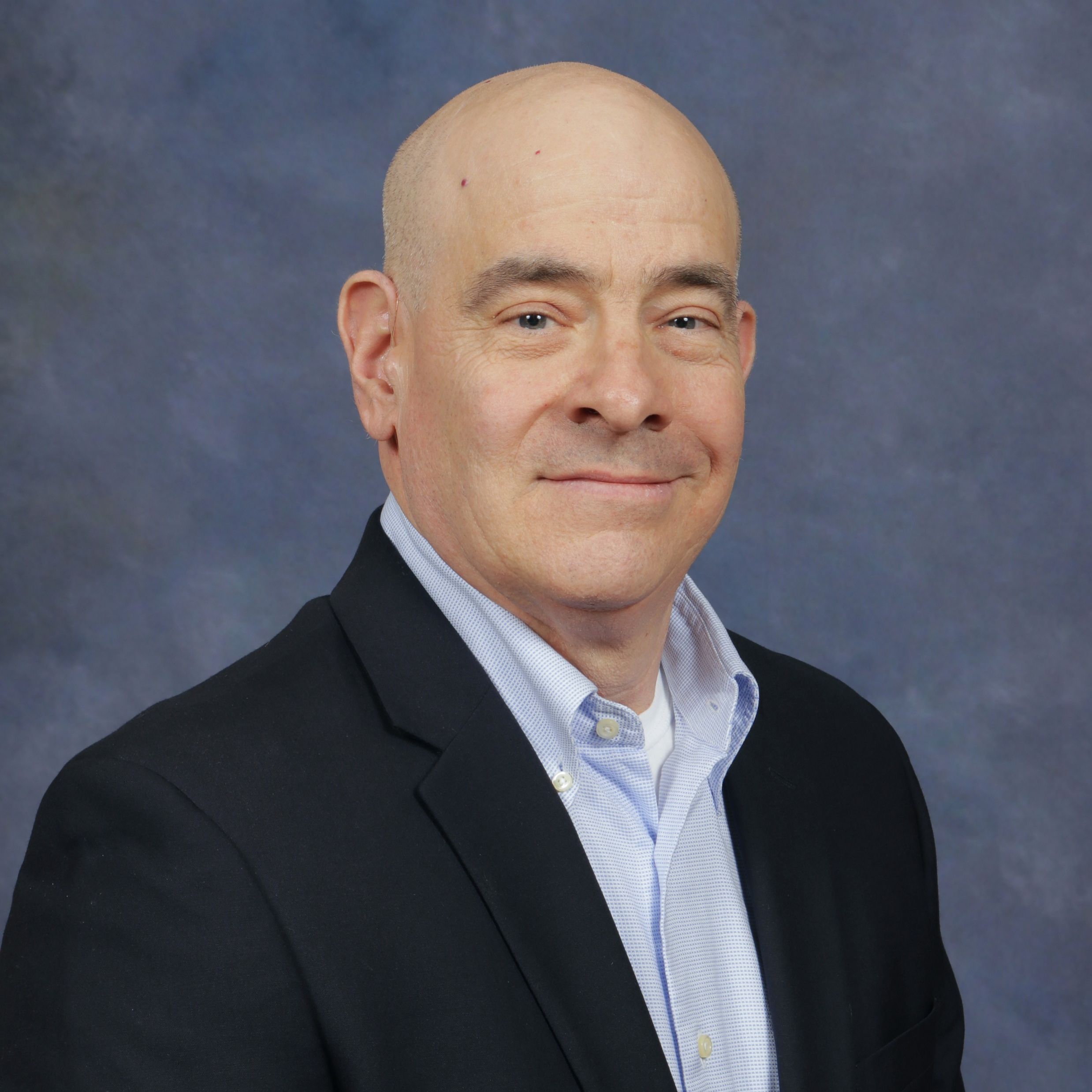
Gas supply is just one of many factors that companies must consider along the battery supply chain. While it may seem like just another box to check on your list, the right gas supply is as critical as any other utility employed. The US eV market is highly dynamic, requiring a supply chain that is built to be flexible with changing chemistries, form factors and production capacities. Without the right gas supply chain, your project will not be as efficient.
Join us to find out how Airgas’ experience in gas applications can help you improve your project from start to finish for the following critical initiatives:
Construction supply chain Design and engineering support Ramp-up design Turnkey laboratory installation R & D collaboration Safety PPE for your team and the plant
Online Monitoring of Battery Slurries-The Slurry Is Talking to Us
 Kyung Hyun Ahn, PhD, Professor, Chemical & Biological Engineering, Seoul National University
Kyung Hyun Ahn, PhD, Professor, Chemical & Biological Engineering, Seoul National University
To efficiently produce high-quality electrodes, it is crucial to control the microstructure of the battery slurry, rather than focusing solely on composition. However, we do not understand the stress and the signs that the slurry experiences and expresses during the process. We have developed an all-in-one solution called SlurryXpert that precisely analyzes data signals through machine learning and detects the characteristics of the slurry to distinguish the structural differences.
Dispersion & Milling for Energy Storage Development & Manufacturing
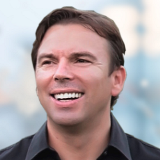 Andreas Stummer, Director, BYK Gardner
Andreas Stummer, Director, BYK Gardner
Highly efficient dissolvers, bead mills and basket mills are designed for the challenges of battery slurry development. In this presentation we’ll review the milling and dispersing requirements, process, and best practices. In addition, we will cover dispersing and milling equipment used to develop battery slurries as well as anode and cathode slurry development using proper mixing and dispersing equipment and battery slurry preparation and processing measurement for successful upscaling. High-performance dispersing and milling equipment is required for optimum performance of battery slurries.
Squeezing the Juice out of Electrode Manufacturing - AM Batteries' Dry Process
 Hieu Duong, PhD, Chief Manufacturing Officer, AM Batteries
Hieu Duong, PhD, Chief Manufacturing Officer, AM Batteries
The global acceleration towards sustainable energy has driven the need for low-cost, de-carbonized battery manufacturing processes with differentiating product performances. AM Batteries unique dry electrode manufacturing technology aims to deliver on these critical challenges and elevate battery production and performance globally. Our liquid-free battery electrode manufacturing process entails 3 key steps: dry mixing, dry deposition, and mechanical compression. In this symposium, we will highlight our achievements and manufacturing advantages over other electrode process options.

Project Execution Strategy Approaches for Battery Plants
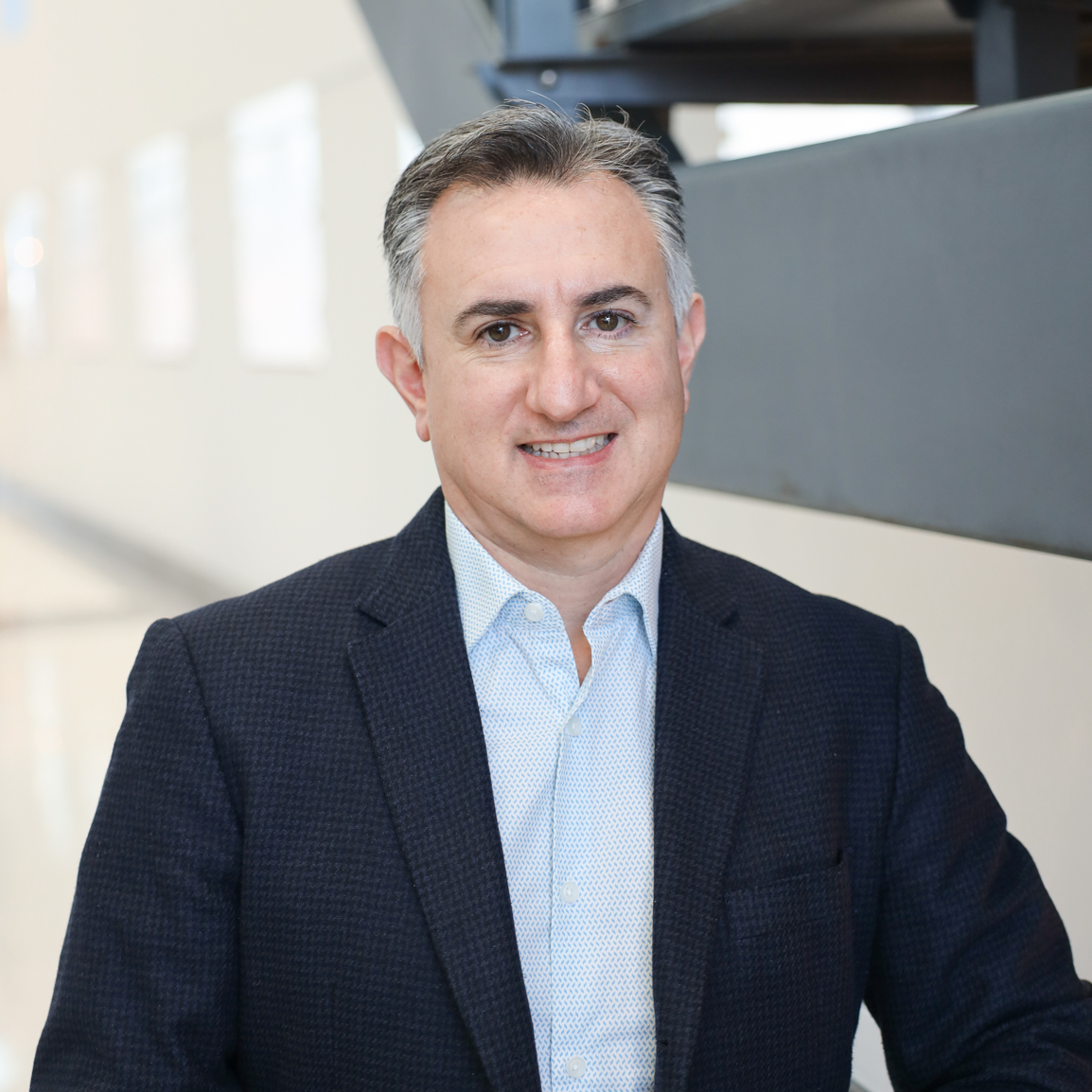
Battery plants have been suffering from cost overruns and schedule delays due to numerous challenging issues that arise during the course of project execution. In this presentation, a review of different project-execution strategies are reviewed to compare the benefits and advantages of each option, including cost control, schedule certainty, flexibility, and adherence to quality criteria. Despite the option selected, appropriate planning and project management tends to improve the outcome, and therefore, recommendations are made for each execution model highlighted.
10:15 amCoffee Break in the Exhibit Hall with Poster Viewing
Plasma-Printed Electrodes: Approaches and Potential for Innovative Materials
 Gerrit Bockey, Research Associate, Battery Production Technology, RWTH Aachen University
Gerrit Bockey, Research Associate, Battery Production Technology, RWTH Aachen University
Plasma printing is an advanced method for fabricating battery electrodes, offering flexibility for multi-layer processes without needing binders or toxic solvents. This innovative technique enables the combination of cutting-edge materials, making it especially valuable for high-silicon anodes, sodium-ion batteries, and solid-state batteries. Plasma printing enhances performance, durability, and functionality by eliminating toxic chemicals and allowing precise, scalable integration of multiple materials. The process reduces environmental impact while improving the efficiency of energy storage devices. This approach opens new possibilities for advancing battery technologies, paving the way for cleaner, more efficient, and sustainable energy solutions.
Advancing Battery Safety and Durability with High-Performance Atmospheric Spatial ALD
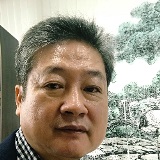 Kyunghyun Choi, PhD, Professor, Mechatronics Engineering, Jeju National University
Kyunghyun Choi, PhD, Professor, Mechatronics Engineering, Jeju National University
We have developed a cutting-edge, high-speed atmospheric spatial ALD technology that significantly enhances lithium-ion and next-generation battery safety and performance. By applying Al2O3 coatings to separators and anodes, this technology not only improves fire prevention and thermal stability but also inhibits dendrite growth on anodes, a key cause of battery failure. Our findings demonstrate how this innovation enhances battery durability and reliability, addressing critical industry challenges.
COMPETING WITH CHINA
中国との競合
Why Is the Western World Still Lagging behind the Chinese in the Global Lithium Battery Race
Joseph Fisher, President, JCF International
This panel will explore the reasons behind the Western world's lag in the global lithium battery race compared to China. Experts will discuss China's strategic investments, supply chain efficiencies, and government policies that have bolstered its dominance. Our international group of experts will also examine the challenges faced by Western nations, including regulatory hurdles, market fragmentation, and the need for cohesive strategies to secure critical resources for emerging technologies and sustainable energy solutions.

Battery Industry 3.0: How to Compete with China
 Tal Sholklapper, CEO & Co-Founder, Executive, Voltaiq, Inc.
Tal Sholklapper, CEO & Co-Founder, Executive, Voltaiq, Inc.
As the global battery market is dominated by a flood of inexpensive cells from China, the modern battery company must focus on speed and efficiency in order to stay competitive. This session will cover how OEMs can mitigate downstream risks from cheap, variable quality battery cells, how battery companies can compete with them, and how digital strategy is key to moving faster and doing more with less.
1:00 pmNetworking Luncheon
2:15 pmDessert Break in the Exhibit Hall with Poster Viewing
2:45 pmClose of Conference
* 不測の事態により、事前の予告なしにプログラムが変更される場合があります。
アジェンダ・講演者・スポンサー更新







 Talk Title to be Announced
Talk Title to be Announced









 Next-Generation Battery Research
Next-Generation Battery Research High-Performance Battery Manufacturing
High-Performance Battery Manufacturing Advances in Automotive Battery Applications
Advances in Automotive Battery Applications Battery Safety
Battery Safety
